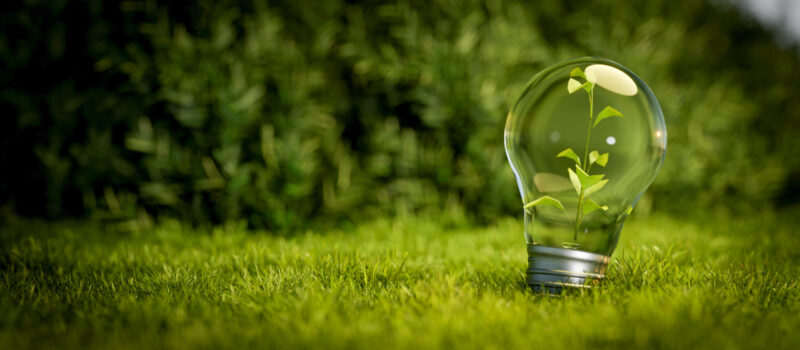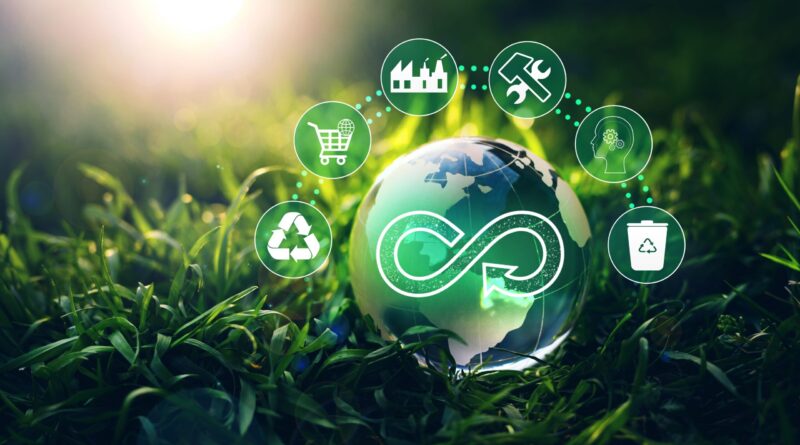
This site
is mobile
responsive

Waste management is one of the environmental pain points affecting every country worldwide. According to the World Bank’s “What a Waste 2.0: A Global Snapshot of Solid Waste Management to 2050” report, waste generation across the world is expected to grow roughly by 3.4 billion tonnes per year by 2050.
This growing concern has sparked extensive discussions on the various aspects of waste management namely: characterisation, minimisation, collection, separation, treatment, and disposal of waste, for the sustainable development of the global economy, environment and society.
Sources of waste can be broadly classified into four types: industrial, commercial, domestic, and agricultural. The amount of waste generated is directly determined by economic activity, consumption and population growth. Unfortunately, the economic development and rising living standards in Malaysia have led to the increase in the quantity and complexity of generated waste. Moreover, industrial diversification and the provision of expanded healthcare facilities have added substantial quantities of industrial hazardous waste and biomedical waste into the waste stream.
In 2021, a total of 13.95 million tonnes of municipal solid waste was generated per annum in Malaysia, equivalent to 38,207 tonnes generated per day by household, institutional, commercial, industrial (excluding scheduled waste) and construction establishments. This showed an increase from previous years as municipal solid waste amounted to 13.91 million tonnes and 13.88 million tonnes in 2020 and 2019 respectively. This waste typically ends up at a landfill site if it is not recycled or reused, thereby requiring more landfill usage and expansions. The limited land and high cost of landfill facilitation operations have intensified environmental and financial concerns for the Government.
Supportive Policies Toward a Zero-Waste Future
As Malaysia moves towards zero-waste, the Government is actively playing a pivotal role in strengthening waste management and transforming environmental governance to enable better management of the environment and natural resources, including reducing its economic impacts. These initiatives have been highlighted in the Twelfth Malaysia Plan, 2021-2025 (12MP) as part of Malaysia’s commitment to achieving a net-zero carbon emission country by 2050. Under 12MP, the Government has set out to achieve a National Recycling Rate (NRR) of 40 per cent by 2025. The NRR reached 31.52 per cent in 2021, a promising increase as compared to 30.67 per cent in 2020.
The 12MP also highlights the importance of establishing a circular economy where businesses are encouraged to adopt this concept in the design, production, logistics, consumption and waste management of their products and services.
The involvement of the private sector has great potential to enhance the effectiveness of waste management in Malaysia. The Government encourages more integrated waste treatment facilities (IWTFs) to be constructed. An integrated approach incorporates a material recovery facility to sort and separate waste; a treatment facility, including an anaerobic digester, composter and incinerator; as well as a sanitary landfill.
These IWTFs will be optimised to manage different types of waste and can treat about 95 per cent of waste, leaving the remaining 5 per cent to be disposed of at sanitary landfills.
Eective Waste Management with Waste-to-Energy
An IWTF that includes WTE components is proven to treat solid waste more effectively than the use of landfill. WTE can be defined as energy recovery from waste where non-recyclable waste materials can be converted into usable heat, electricity, or fuel through a variety of processes. These include combustion, gasification, pyrolysation, anaerobic digestion, and landfill gas recovery.

Source: Waste to Energy in the Age of the Circular Economy: Best Practice Handbook, ADB, 2020
WTE facilities can substantially contribute toward Malaysia becoming a zero-waste nation due to its hygienisation process of waste. This process prevents the waste recycling cycle from the risk of contamination by polluted waste and diverts non recyclable waste from landfills, dumpsites and open fires. Moreover, the energy generated creates spillover benefits by supplying electricity to neighbouring residential, commercial and industrial establishments. This energy generation is more sustainable and less dependent on fossil fuel. The material recovery through WTE facilities is especially beneficial to the metal industry, as great amounts of materials can be recovered from the bottom ashes, including minerals and other precious metals.
To accelerate the transition of solid waste management from a linear economy to a circular economy, Malaysia is banking on WTE solutions. The Ministry of Housing and Local Government (KPKT) is planning to establish six (6) WTE plants across Malaysia by 2025.
WTE solutions are now recognised as a preferred waste treatment option for residual waste and a sustainable waste management approach in the country. Additionally, the establishment of waste eco-parks, development of waste management technologies and closure of all open landfills are encouraged to achieve Malaysia’s commitment to become a net-zero carbon emission country by 2050.
MIDA has been promoting environmental management through recycling since the 1980s as well as green technology projects and services since 2014. The facilitation offered by the Government include Investment Tax Allowance for companies that intend to undertake WTE projects and integrated waste management projects.
MIDA also continues to intensify its efforts to assist both local and foreign investors by formulating policies, incentives and providing facilities as well as support services for the green technology industry towards further strengthening Malaysia’s green ecosystem, building climate resilience and achieving global sustainable development goals.
